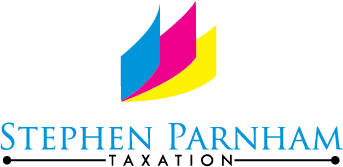The House of Lords’ Economic Affairs Finance Bill Sub-Committee have said that changes to the taxation of savings and dividends included in the Draft Finance Bill 2016 and due to operate from next month are complex and confusing and have been poorly communicated to the public.
Bank & Building Society Interest
The Finance Bill abolishes the withholding tax automatically imposed by banks on interest payments at source, so interest will generally be paid gross rather than net of 20% tax. The tax-free amount of interest is up to £1,000 depending on income.
The Lords committee welcomes the simplification this will bring for most people, but also says that most taxpayers are unaware of it, and do not know whether or not they may have to file a tax return and pay tax to HM Revenue & Customs on interest earned as from next month. It also points out that the change will bring significant complications for some people.
‘The proposed design will lead to unfortunate results such as high marginal rates for those on the edges of tax bands’, it notes. Higher and additional rate taxpayers face additional complexities because the structure of the new allowances creates cliff edges, which mean that an additional £1 of savings income can result in the loss of significant amounts of savings allowance.
‘HMRC’s communication strategy has been inadequate and seems to rely on financial institutions informing their customers of the change’, said Committee Chairman Lord Hollick. ‘That is not good enough. HMRC must now roll out a public awareness campaign that takes account of those not digitally engaged and the needs of older people who may be more likely to rely on savings.’
Dividends Received
Another surprise for most taxpayers will be the new dividend allowance, which removes the tax charge on the first £5,000 of dividends, along with higher dividend tax rates and abolition of the dividend tax credit system. This also takes effect from 6 April 2016.
Compliance burdens will increase for some basic rate taxpayers who will have to consider whether they need to notify HMRC and pay tax on their savings and dividend income paid gross, whereas their tax liability is currently covered by deduction at source or the dividend tax credit.
‘We share the concerns of our witnesses about these proposals. We are disappointed by the absence of consultation on these substantial reforms which affect millions of taxpayers’, says the Lords’ report.
Digital Accounts / Quarterly Reporting
The committee also sharply criticised HMRC’s proposals for ‘digital taxation’ in the slightly more distant future.
‘The Government’s proposals for quarterly reporting have caused considerable disquiet in the business community’, said Hollick. ‘Small businesses fear that the introduction of quarterly reporting is a Trojan horse for the introduction of mandatory quarterly payments which could damage the established cash flow of many small businesses.’


